Healthy Diets For Teens

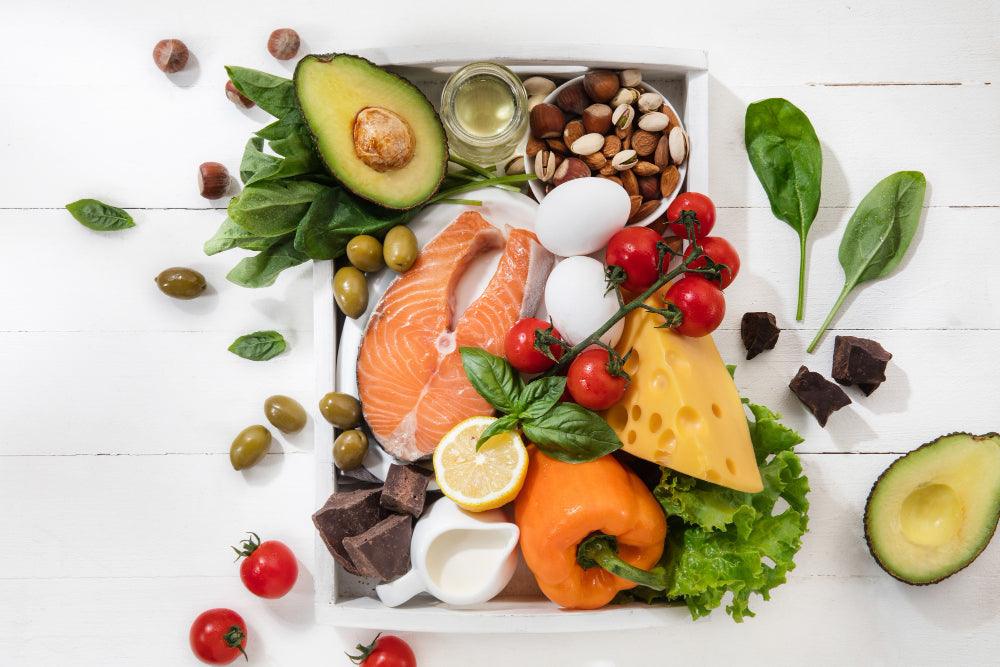
Related products

An overview;
Teens are young children who are aged between 11 to 19 years. This is a fast-growing age, and their muscles and bones develop faster. At this stage of life, the children are active and have a large appetite.
Therefore a balanced and healthy diet is particularly needed for better health. In addition, the diet should be free of fats and meet the child's energy demands.
Research shows that about 30% of teens between 12 and 19 years old have obesity. However, small changes in your eating and physical activity habits may help you to stay healthy.
This article will deliver a detailed description of a healthy diet for teens to maintain a healthy weight.
Healthy foods;
If you are a teenager, your diet must consist of different types of important nutrients that will maintain your healthy lifestyle.
1. Whole grains
Teens should get 8 ounces of grains every day. One-ounce equivalents include one slice of wholegrain bread. Choose whole grains like whole-wheat bread, brown rice, and oatmeal. Whole grains provide fibre to help you feel full.
Therefore you should choose higher-fibre whole-grains varieties such as whole wheat pasta, whole grain pasta and brown rice. We also digest wholegrain food more slowly, which can help us feel full for longer. They also help prevent constipation and protect against some forms of cancer.
2. Lean meats
Foods rich in protein are essential for developing strong bones and muscles. Therefore it is necessary to add a variety of proteins to your diet.
Protein foods include lean meat and poultry, seafood, eggs, beans, soy products, and nuts. These healthy foods provide important nutrients and help you to feel satisfied.
To get enough protein, you should include pulses such as lentils and kidney beans in your diet. Protein can also boost your immune system and protect you from heart disease.
3. Iron-rich foods
Iron is present in many foods and helps synthesise haemoglobin, which is present in red blood cells and carries oxygen in the blood. When you are not taking enough iron in your diet, it may lead to iron deficiency anaemia.
In teenage, iron is needed in higher amounts for girls than boys. Therefore, girls may lose iron during the menstrual cycle, and its demands should be fulfilled by taking enough iron with the diet.
4. Healthy fats
Many teens prefer fat-free or low-fat diets. However, fats are essential for vitamin solubility and keeping our skin fresh and healthy. Unhealthy fats may cause different chronic health conditions, but healthy fat intake is needed for teens as it helps with their growth.
Healthy fats are found in green vegetables, nuts, olives, and fatty fish. These foods are also critical for proper brain development and overall nutrition.
5. Vitamins and minerals
Different vitamins and minerals should be an essential part of the daily diet. These minerals perform different bodily functions and protect us from various diseases. However, it has been observed that many teens, mainly girls, don't take enough vitamins.
The British Nutrition Foundation has declared helpful different vitamins such as Vitamin D, C, A, and B during adolescence.
You can take an at-home vitamin deficiency test to measure your levels, see our test here.
6. Fruits and vegetables
During your teenage years, you should choose various vegetables, including dark green, red, and orange vegetables. This is because vegetables have high levels of the nutrients you need during your teenage years.
Nowadays, young people avoid vegetables and prefer fast food, which is not a good way of getting a balanced diet. Fast food may have more calories than you need in a whole day.
7. Other healthy foods
a. Low-fat protein foods
b. Diet rich in fibres
C. Fortified Cereals
Healthy Drinks;
Along with eating healthy, you should focus on your fluid intake also to maintain a healthy weight.
1. Fresh Fruits juice
Fruits are rich sources of several essential nutrients that are needed in high demand during teen years.
If your teens are not willing to eat whole fruits, you should convert the fruits into fruit juice that will be easy for the teens to eat healthy meals along with fruit juice. In addition, orange juice is a good source of Vitamin C and helps lower your blood pressure.
2. Low-fat milk
At the early stage of life, children can take whole milk, but in their teenage, it is necessary to take low-fat milk. Milk can strengthen your bones and boost your immune system. High-fat milk may increase the total calories in your body. Low-fat milk can lower blood pressure.
It contains important nutrients such as calcium, zinc, phosphorus, and vitamin D.
3. Water
Water can speed up our metabolism process and excrete waste products from your body through urination. In addition, it keeps body temperature normal and hydrates our joints.
4. What to avoid in drinks?
Some drinks can provide extra calories and unhealthy fats, which should be avoided. You should drink water instead of sugary drinks like soda and sports drinks. Some energy drinks and juices have added saturated fats which can increase your blood pressure in the future.
Healthy habits;
If you need to lose weight, you should focus on healthy habits. For example, you should eat more fruits and vegetables and exercise regularly.
Some sources have suggested that eating a healthy breakfast and staying adequately hydrated may help academic performance. Along with breakfast, your teen should have a healthy lunch each day.
Physical activity habits;
Despite healthy eating, physical activity can help teens maintain a moderate weight. Moreover, physical activity is not only for physical health but also critical for mental health.
Exercise;
Exercise may be challenging for teens, but you should try to involve them in exercise activities of their interests to gain healthy weight.
Physical activity can build muscles and bones and make your teen active and fit. It can also reduce your teen's chances of serious heart disease and high blood pressure.
Teens should do physical activity for one hour or more every week. Encourage your teens to drink plenty of water to prevent dehydration during physical activity.
You should involve your teens in grocery shopping, and meal planning to they may understand the nature of a healthy diet.
To take a Health and Lifestyle Blood Test, click here.
For a full range of medications, visit our Welzo Online Pharmacy Page. For more details, click here.







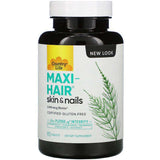
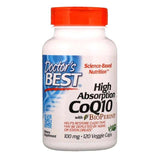

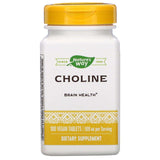



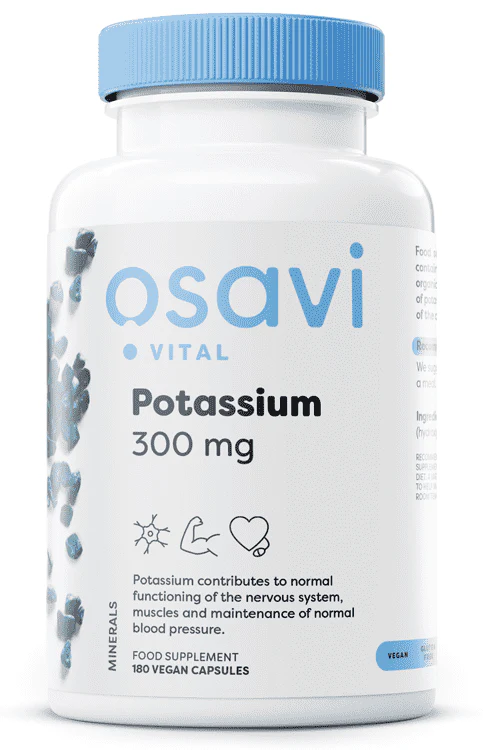

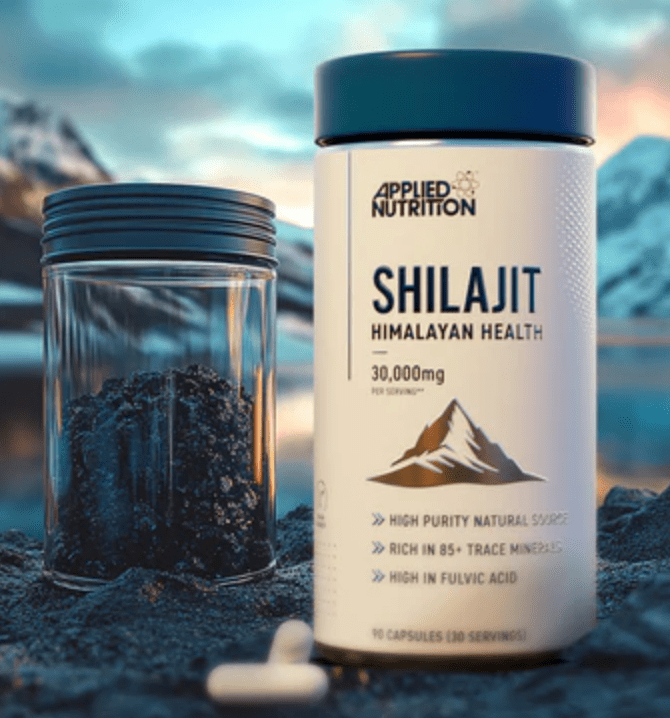

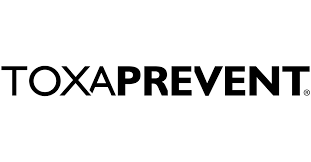
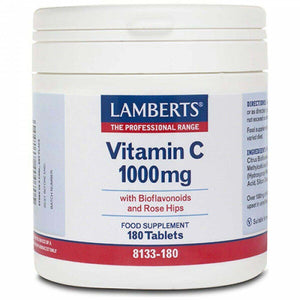



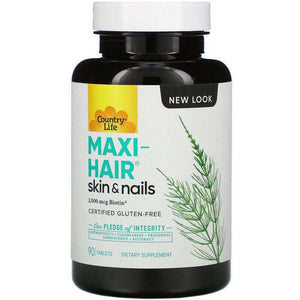
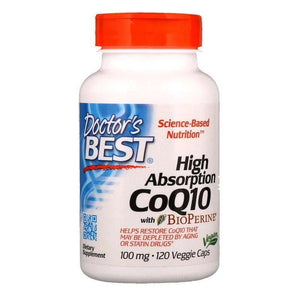
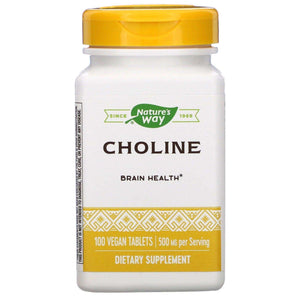


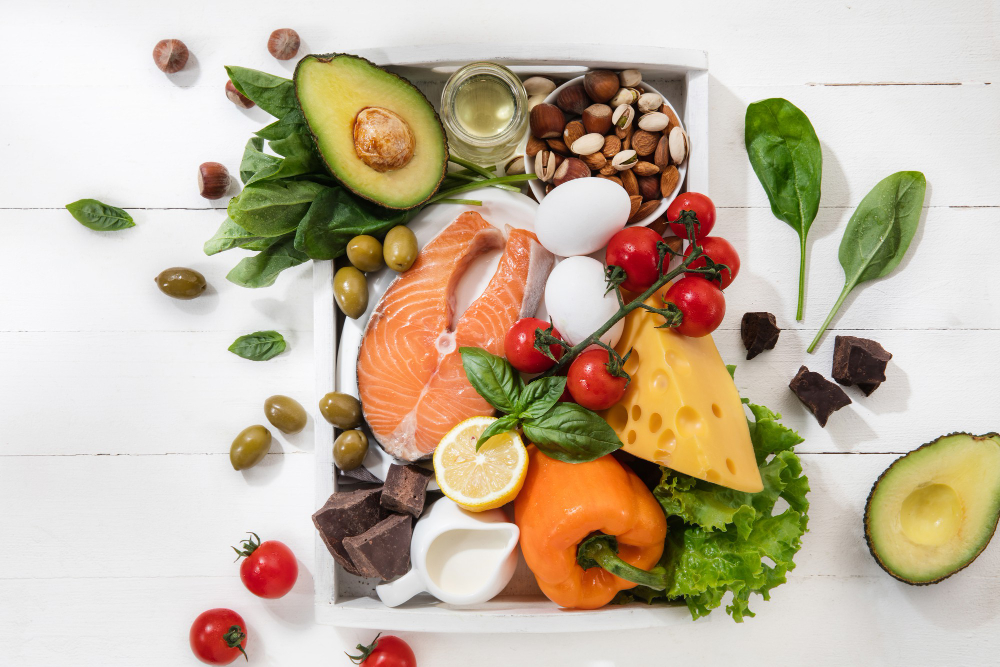
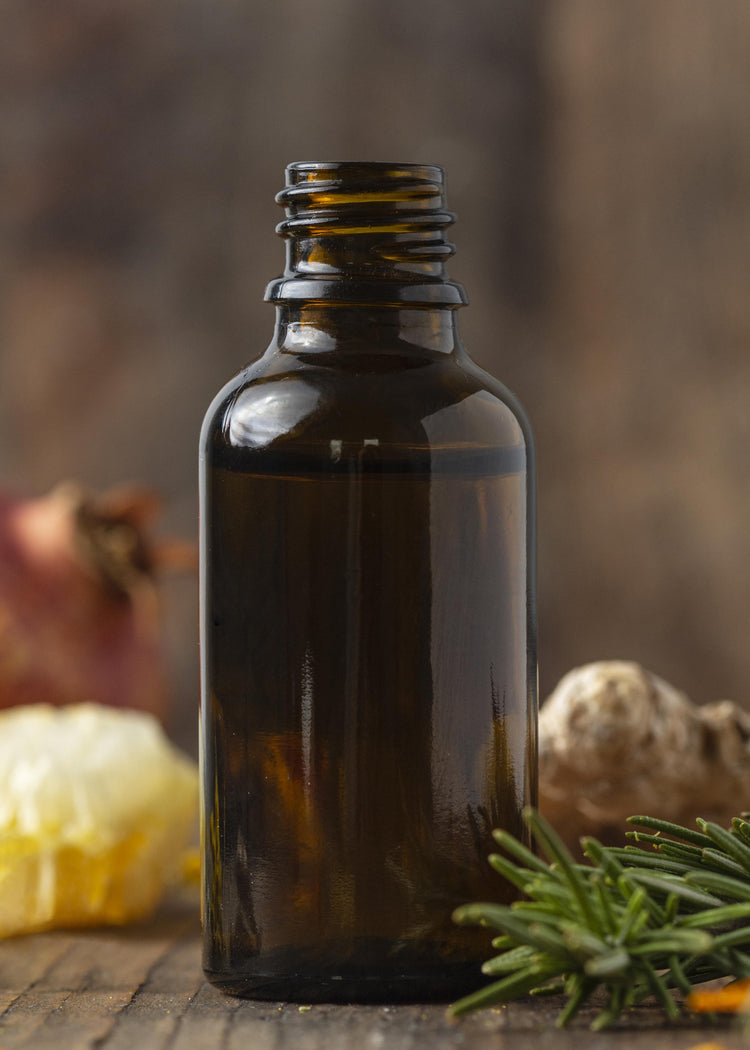
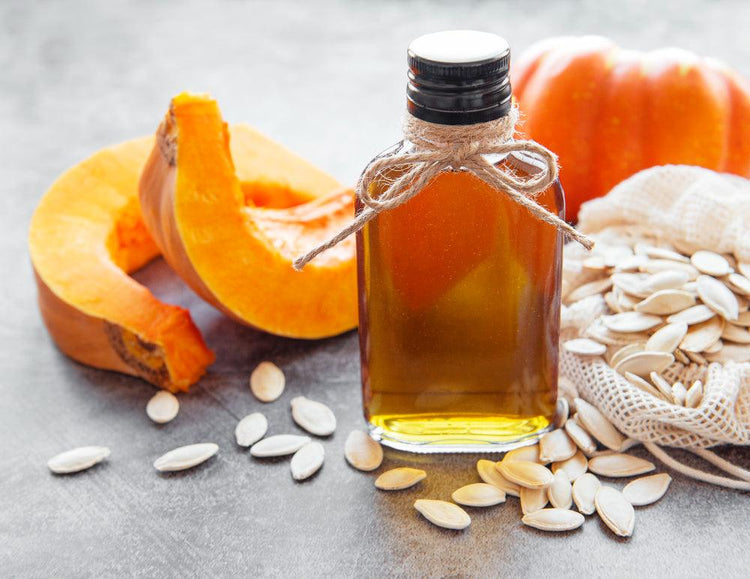


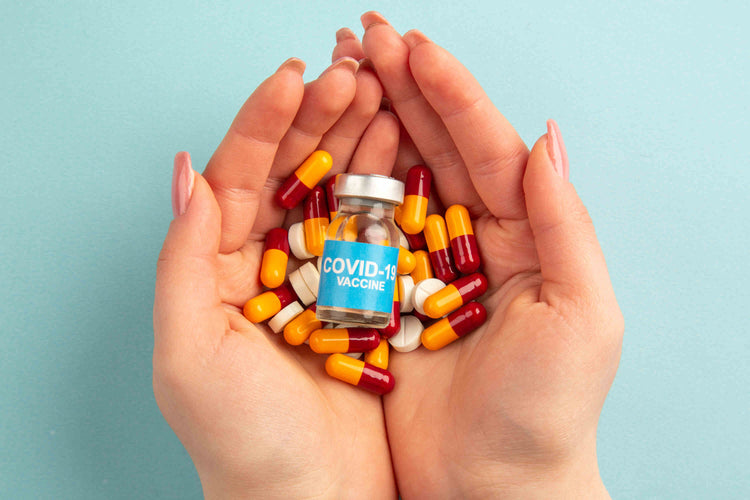
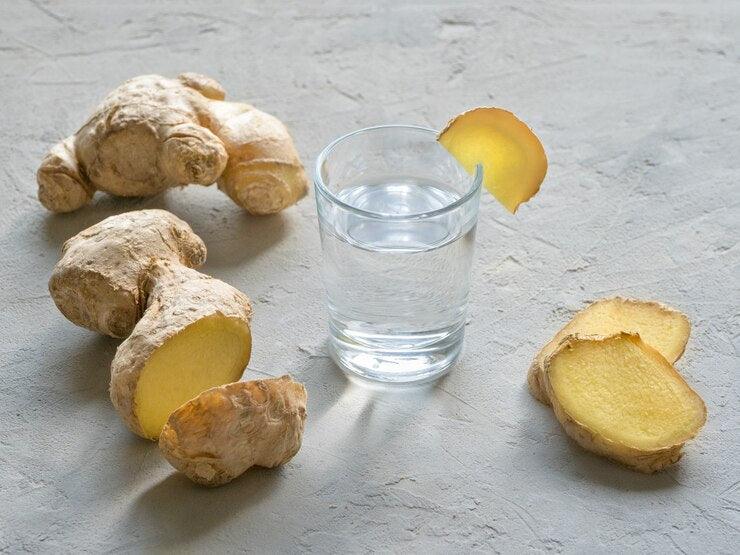
 Rated Excellent by 26,523+ Reviews
Rated Excellent by 26,523+ Reviews